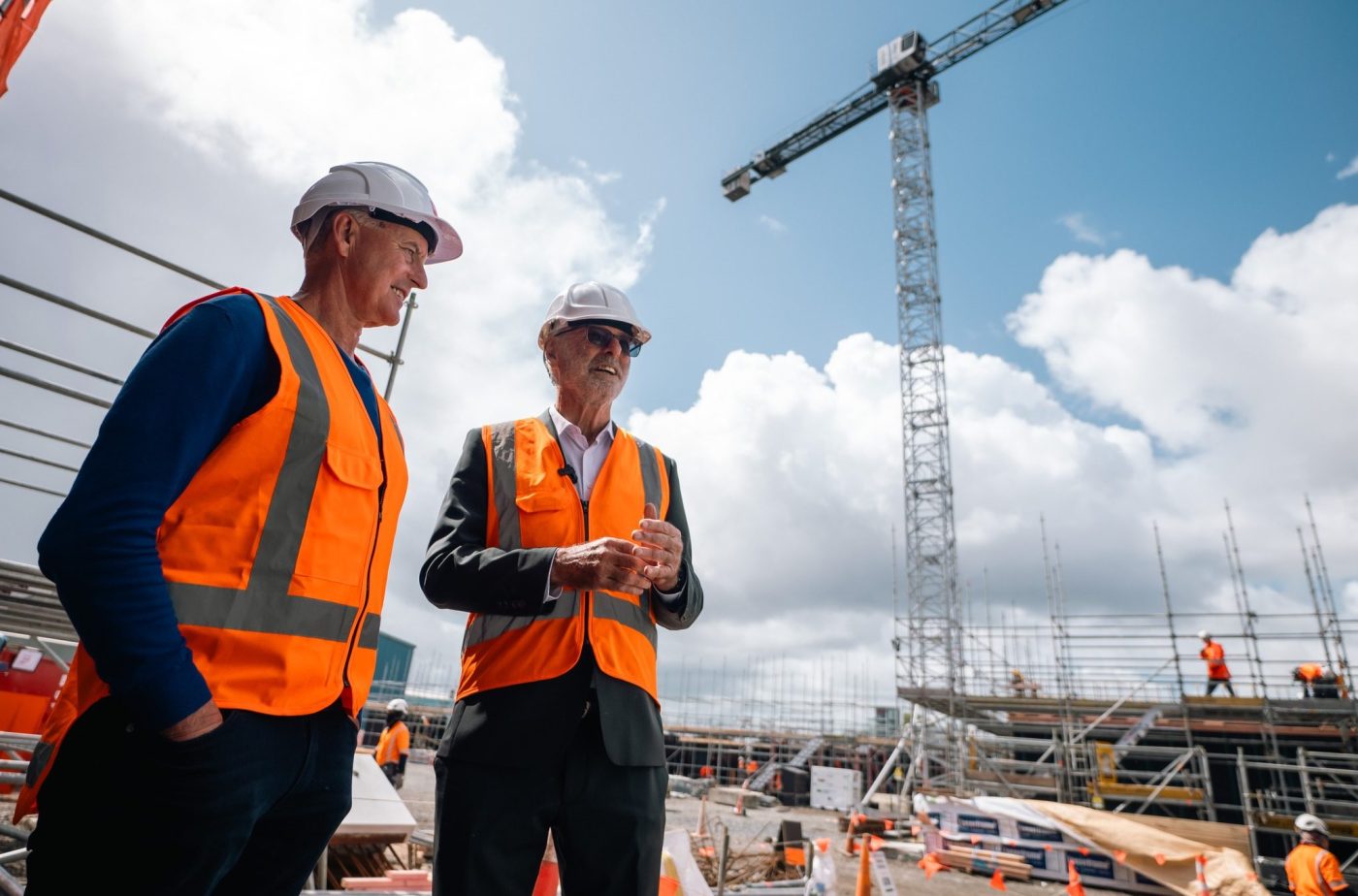
Auckland mayor Wayne Brown has laid out his vision for the city’s future in a draft document released this week.
His ‘Mayoral Proposal 20204’ restates his priorities to stop wasting money, take back control of council-controlled organisations, fix Auckland’s infrastructure, get the city moving and make the most of its harbour and environment.
“This means improving the cost effectiveness of our activities providing both short-term savings and long-term financial reform; setting a path for better public transport, including an integrated transport plan, finishing large infrastructure projects to maximise the value of our existing infrastructure, and focusing on fewer, higher quality assets that deliver more to local communities,” Brown says.
“As mayor, I have been determined to get more from our most significant assets – including the Port of Auckland Limited (POAL) and the waterfront.
“I have championed the use of technology and low-cost interventions like dynamic lanes, smart traffic lights and bus transponders to make the most of our transport network.
“These types of innovations help to improve efficiency without having to build expensive new infrastructure.
“Despite my advocacy, progress has been painfully slow. This means the public aren’t seeing the benefits, only the problems.
“In my mind, it is symptomatic of the difficulty with the current council group structure and the CCO model.
“Turning political direction into action is a cornerstone of our success, and ultimately the driver for public trust and confidence in what we do.”
The mayor says the council’s key achievements in the first year of its term include making hard decisions such as the partial sale of Auckland Airport shares, the deferral of some capital projects, and stopping wasteful spending, which set it “on a pathway to financial sustainability”.
He says it also agreed to the fairer funding of the city’s local boards with an additional $84 million of operating funding and $56m of capital funding over the first three years of the plan.
“We introduced a $50 fare cap for those who regularly use public transport, helping to alleviate the cost of travel.
“We dealt with the funding challenge associated with water investment, successfully negotiating a new model for Watercare that would allow them balance sheet separation.
“We agreed to the Auckland Future Fund, capitalised with the remainder of our shares in Auckland Airport, providing an additional stream of revenue every year from 2025.”
Regarding the council’s finances, Brown says it’s important to retain the agreed rates increase for the average value residential property of 5.8 per cent and aim for a group debt to revenue limit of 250 per cent excluding Watercare while ensuring there’s adequate headroom to respond to future shocks.
He also wants to deliver a further $47m in savings on top of other savings targets and continue to invest in the services and activities Aucklander’s care about with $4 billion of capital investment.
The mayor wants to see changes to the way the city delivers on transport.
“I support, in principle, a full reset bringing all transport policy, strategy and planning functions back to Auckland Council.
“I propose that Auckland Council, as a funder, take responsibility for providing back-office functions to Auckland Transport.
“This should include communications and marketing, legal and finance services.
“I will seek advice from staff on how this can be implemented from July 1, 2025, with consideration given to budget decisions and funding conditions.”









